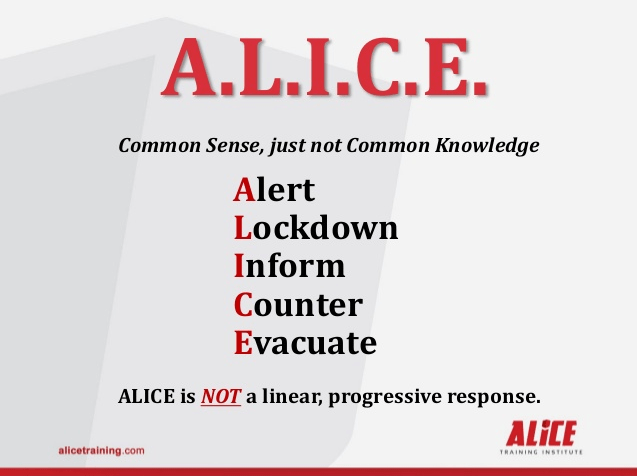We continue our series journeying through the Gospel of Mark. As part of this series, we will be led through the shortest – and earliest written – Gospel from beginning to end. Guided by Mark, we will focus on Jesus’ radical way of defying social norms and religious traditions. In doing so, Jesus teaches us a way of grace and love.
Additional Readings
Each week, we will include additional readings to help us work through the entire Gospel of Mark.
- MARK 5:1-20
- MARK 5:21-34
- MARK 5:35-43
- MARK 6:1-13
- MARK 6:14-29
As we continue from last week’s text, we find ourselves deep into questions of identity and awareness. Jesus has been healing and performing miracles, and in these stories word of Jesus continues to spread so that he is followed by large crowds. Jesus heals a man afflicted in such a way that his sanity is questioned and Jesus raises a young woman from death (or near death depending on how you read the story). In between these stories – and because of Jesus’ fame and reputation – a woman was healed just by reaching out and touching Jesus’ clothes.
But when Jesus goes to his hometown, it is here that he is questioned. When he goes home, the people are “repulsed” (verse 3). When he goes home, he is appalled by disbelief.
Mark 6:1-6 (CEB)
1Jesus left that place and came to his hometown. His disciples followed him. 2On the Sabbath, he began to teach in the synagogue. Many who heard him were surprised. “Where did this man get all this? What’s this wisdom he’s been given? What about the powerful acts accomplished through him? 3Isn’t this the carpenter? Isn’t he Mary’s son and the brother of James, Joses, Judas, and Simon? Aren’t his sisters here with us?” They were repulsed by him and fell into sin.4Jesus said to them, “Prophets are honored everywhere except in their own hometowns, among their relatives, and in their own households.” 5He was unable to do any miracles there, except that he placed his hands on a few sick people and healed them. 6He was appalled by their disbelief.
Sending out the disciples
Then Jesus traveled through the surrounding villages teaching.
Consider these questions:
- Do you have a past or a history that is difficult for you to talk about? Is it a past that you would not want people to know about? Is it a past where you fear that your friends and/or family today might judge you?
- Have you ever felt like people made assumptions and judgements about you that were untrue? What did this mean for your ability to connect or relate to these people? Were you able to be your true self in the face of these assumptions?
Post-Worship Update on 8/6
Audio from the sermon can be heard below, and video can be found at this link (will open in a new tab).
Sunday’s message followed national news of two mass shootings in El Paso, TX and Dayton, OH. Of course, this shifted our conversation quite a bit so that we might wrestle together with our horror and our anger and our grief. We began with the terrible task of discussing what we should do in this congregation if we are faced with an active shooter, guided by the teachings of the ALICE Training Institute.

We also explored ideas of confirmation bias. Perhaps we can see some parallel in the text above. Those who had seen Jesus grow up were blinded by their confirmation bias and unable to see who he had become. Today, I wonder if we are blinded from seeing how we can respond to the growing trend of mass shootings in the U.S.
Finally, we noted that Jesus’ experience in his hometown was followed immediately by Jesus sending his disciples. Perhaps we might consider ourselves sent to actively communicate with our leaders the need to effectively address gun violence. This link offers ways to find out how to contact your government representatives.
May we bring our thoughts and our prayers, and may we bring determined resolve so that we might work toward’s God’s kin-dom on Earth as it is in heaven.
